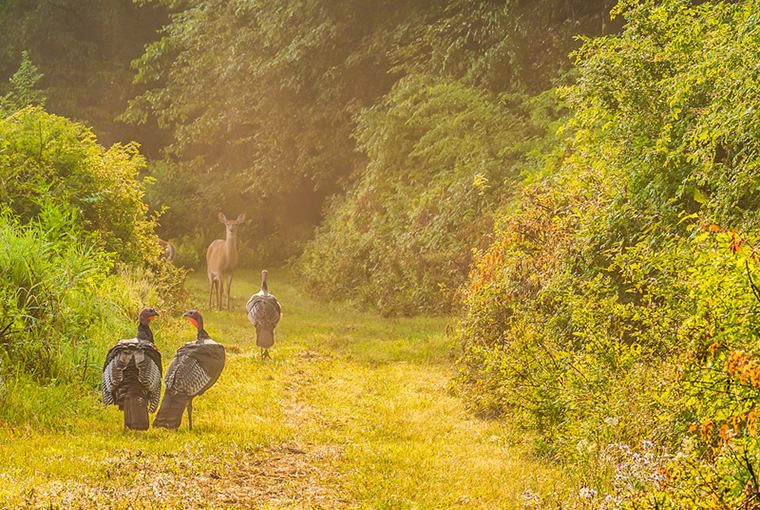
Matters are clearer after representatives from the OFAH, Haliburton Highlands Land Trust (HHLT), and the Ontario Trails Protection Alliance met recently to discuss concerns expressed by hunters and off-road vehicle users regarding the proposed Highland Corridor project.
The Highlands Corridor project is an initiative led by Haliburton Land Trust wherein a large, natural wildlife corridor has been identified between Queen Elizabeth II Wildlands, Kawartha Highlands, and Silent Lake Provincial Park. Working alongside the Bancroft Minden Forestry Company. HHLT further identified an area of roughly 8,500 hectares (8%) within this larger corridor and have proposed the creation of a Conservation Reserve here.
Clarifying Conservation Reserves (CR):
- CRs are managed by the provincial government, not land trusts, the OFAH, or any other non-government entity
- CRs serve to protect valuable ecological features from industrial activities like logging, mining, and aggregate extraction
- CRs are not intended to restrict recreational use. Outside of unique circumstances, these lands allow hunting, fishing, trapping, trail riding, camping, etc.
- Private properties are not impacted by the creation of a CR.
- CRs require a permitting process for the creation of new trails that is similar to the process required on Crown lands.
Pushing for angling and hunting rights
Since 2023, the OFAH has worked in collaboration with the Haliburton Land Trust to ensure there is no loss of opportunity for hunters, anglers, and trappers as a result of this initiative, OFAH Fish & Wildlife Biologist Matthew Robbins said. “We have been very clear that our support for this project is contingent on the preservation of existing recreational uses now and in the future.”
It’s important to note the OFAH’s position is not firm on this issue. “We reserve the right to rescind our support if, at any point in these discussions, we feel the threat to existing activities is too great and outweighs the benefits of CR designation. So please keep sharing your concerns.”
To learn more about the OFAH and conservation projects, click here


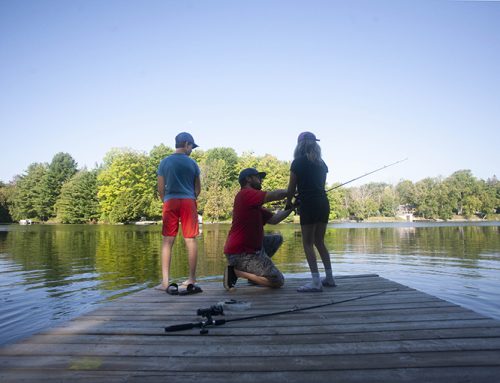
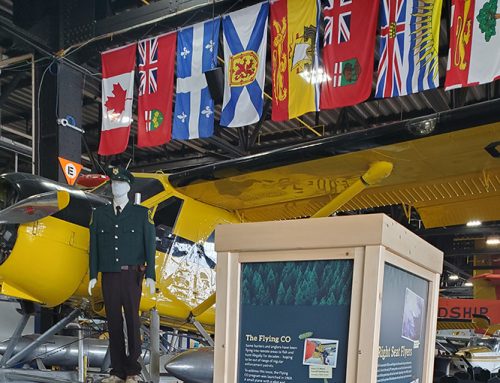
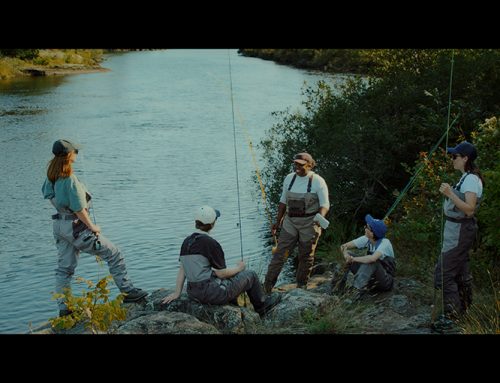
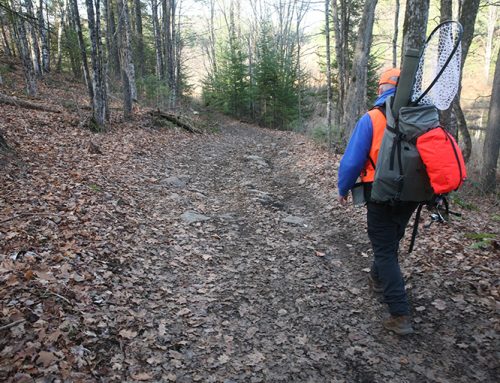
Leave A Comment